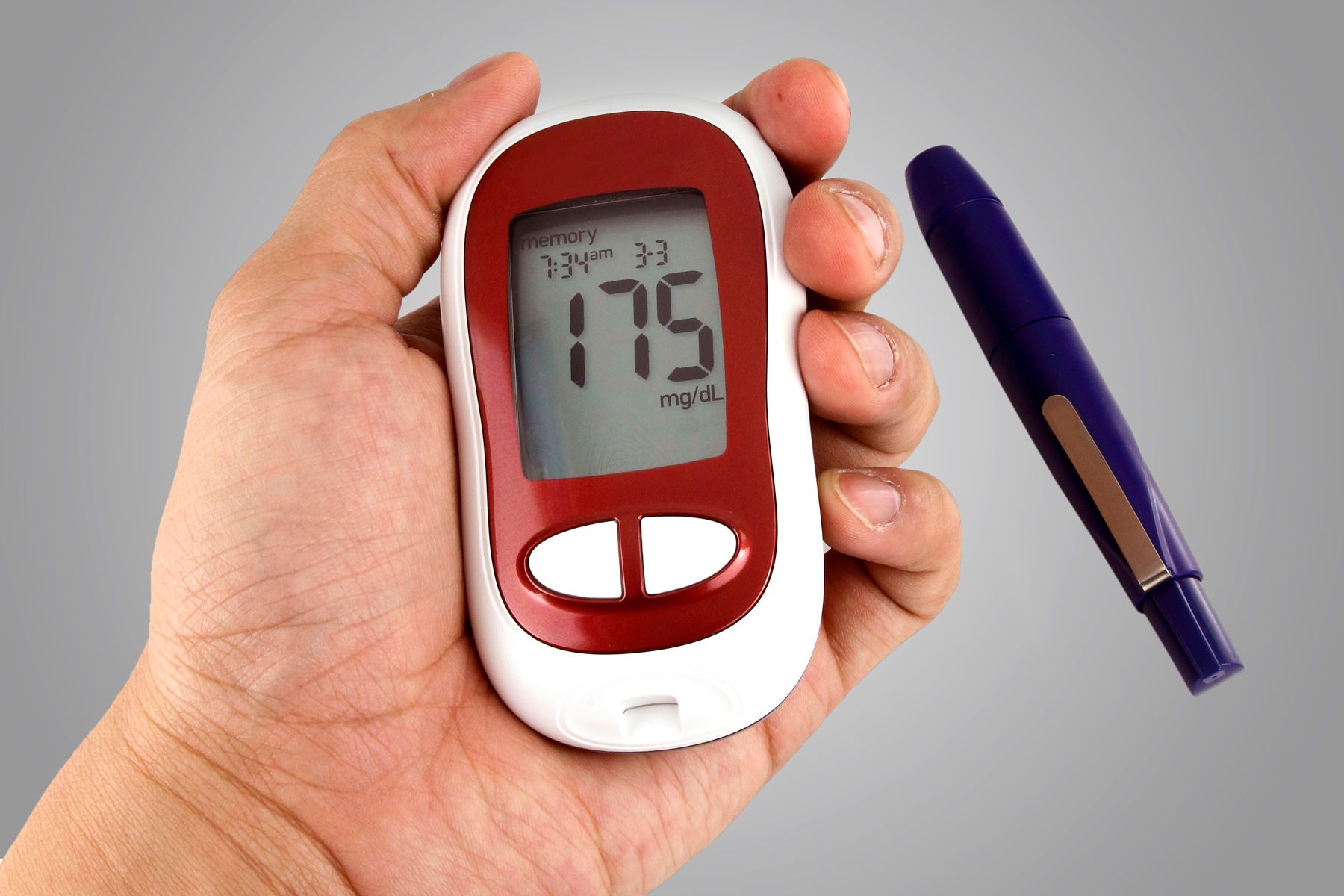
By EJ Mundell
HealthDay Reporter
MONDAY, July 13, 2020 (HealthDay News) – Bodies stressed by severe COVID-19 could produce abnormally high blood sugar levels, even in people without diagnosed diabetes. And that appears to be linked to a doubling of the chances of dying from COVID-19, Chinese researchers report.
High blood sugar (glucose) levels, measured at the time of hospital admission, were also linked to more serious illnesses and complications, according to researchers led by Dr. Yang Jin of the Union Hospital and Medical School. from Tongji in Wuhan, China. Wuhan was the original epicenter of the COVID-19 global pandemic.
As the researchers explained, diabetes has long been known to greatly increase the odds of serious and even fatal COVID-19 in people infected with the new coronavirus.
But what about the effect of high blood sugar levels, even in people who are not diagnosed with diabetes?
To find out, Jin’s group reviewed the medical records of more than 600 consecutive patients treated at two Wuhan hospitals for nearly a month in January and February. The patients were 59 years old on average.
The researchers especially analyzed each patient’s blood sugar readings, the severity of their COVID-19-linked pneumonia, and the patient’s results in terms of severity of illness and death. None of the patients had been diagnosed with diabetes.
A total of 114 patients died in the hospital from their illness, Jin’s team said. Men were 75% more likely to die than women.
A high fasting blood glucose level was found to be highly predictive of death, the researchers reported July 10 in the journal. Diabetology.
That was true “regardless of whether the patient has [COVID-19-linked] pneumonia that is more or less severe, “the team said, suggesting that the effect of high blood sugar on the risk of death is independent of the severity of the patient’s respiratory disease.
Of the total group of patients, approximately one third (29%) were classified in a very high fasting blood glucose category, so high that, if constant over time, these patients would be diagnosed with type 2 diabetes. Another 17% had levels similar to those in “pre-diabetes”.
Continued
Patients in the very high blood sugar category were 2.3 times more likely to die from COVID-19 than those with the lowest blood sugar readings, the study showed, and even those with readings suggesting prediabetes were at risk. 71 % higher death.
The odds of dangerous complications from COVID-19 were also four times higher in people in the high blood sugar category, and 2.6 times higher in people with a pre-diabetes blood sugar level, he said. the Chinese team in a press release from the European Union. Association for the Study of Diabetes.
Diabetes expert Dr. Minisha Sood is an endocrinologist at Lenox Hill Hospital in New York City. Reading about the new study, she noted that even in non-diabetics, blood sugar levels can rise in response to severe illness.
“The increase in blood sugar due to illness is called stress hyperglycemia,” he explained. “The body, under stress, produces hormones and a reaction to disease that raises blood glucose.”
However, such spikes generally do not occur in previously healthy individuals, Sood noted.
“The increase in blood glucose in patients who eventually succumb to COVID-19 compared to other patients with normal blood glucose despite a COVID-19 infection may be a sign that their underlying systems are not as healthy as those without stress hyperglycemia. ” said.
According to the Chinese authors, stress hyperglycemia may have affected many of Wuhan’s patients, as 29% of patients who reached the highest blood sugar group “is much higher than the estimated prevalence of diabetes in the Chinese population at 12%. “
Based on the findings, the study authors advised that close monitoring of blood sugar levels be added to the list of tests that doctors use to monitor risks for patients battling COVID-19.
Sood agreed.
“The bottom line is that everyone will respond to the disease in their own unique way,” he said, “and it would be helpful to have ways of predicting who may have a worse outcome from a COVID-19 infection. Having a high blood glucose level on admission going to hospital can be one of those predictive measures. “
.